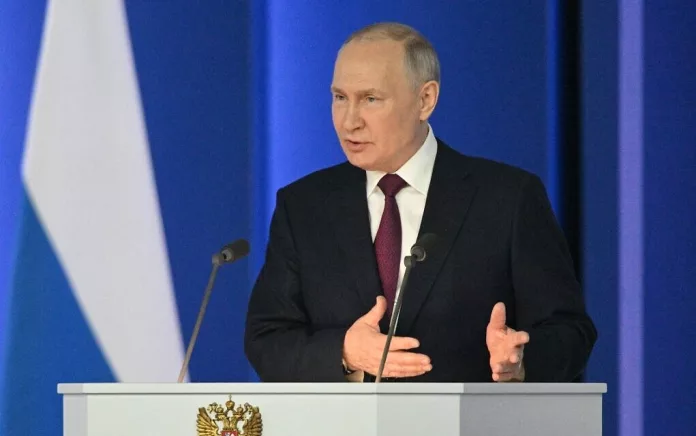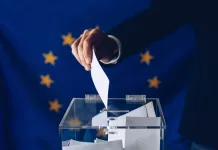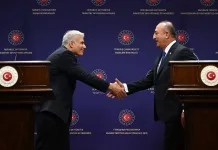The New Start Treaty, signed in 2010, limited the nuclear capabilities of both Russia and the United States. It capped deployed warheads at 1,550, and ensured both sides would notify each other regarding their nuclear arsenal activities. As of January, Russia and the U.S. conduced 328 in-person inspections and received over 25,000 notifications on nuclear operations. A few days ago, Russia suspended participation in this treaty, casting doubt on the future of nuclear arms control.
On the 21st of February, Russia’s president Vladimir Putin held a speech to mark the one-year anniversary of Russia’s invasion of Ukraine. He announced Russia would be leaving the nuclear arms treaty. He also blamed the U.S. for the downfall of their international relations. Putin declared that Russia would only hold nuclear tests if the US conducted them first. However, some believe that seeing nuclear weapons in Ukraine is not impossible. Putin warned, “the longer-range the western systems supplied to Ukraine are, the further we will be forced to push the threat away from our borders.”
U.S. president Joe Biden spoke in Warsaw following his return from Kyiv. and effectively flipped the blame onto Russia. Biden said, “this war was never a necessity, it’s a tragedy.” He insists that Russia was the sole aggressor in the conflict, and that Ukraine is remaining stronger than Moscow expected.
Global powers have abandoned several important arms control agreements over the past years. During the COVID-19 pandemic, nuclear weapons inspections had stopped. Inspections were to continue but talks on the topic broke down in January 2023. Government officials on both sides have expressed concerned about uncontrolled nuclear warheads in the future, after Putin abandoned the treaty. Russia will still comply with the 1988 Ballistic Missile Launch Notification Agreement, but this is only related to rocket launches.
Two other major treaties include: the Intermediate-Range Nuclear Forces Treaty – which prohibited land-based missiles with a range of 500 to 5500 kilometres; and the Open Skies Treaty – which permitted bilateral surveillance of each country’s military sites. As governments abandon both of these and the New Start Treaty, a new arms race could be on the horizon.
It looks unlikely that any significant changes will occur regarding the stance on this issue. Putin claims he would revise the decision if the West held negotiations with the Kremlin regarding the war – but without Kyiv’s representatives present. The U.S. ruled out this contingency.
Some believe this is more than a bluff by the Russian president. Instead, it is to gain leverage in the battle for Ukraine. According to Jon Wolfsthal, an American national security consultant, the U.S. will keep a close eye on Russia’s nuclear arsenal. Should Russia exceed the cap stated on the treaty, the U.S. Congress would likely take action to protect Washington from a “military or strategic disadvantage”.
Another relevant factor in the international political scene is Chinese diplomat Wang Yi’s recent visit to Moscow, during which Beijing and Moscow have pledged to strengthen their partnership. China’s nuclear arsenal is expected to grow to over 1500 warheads by 2037. The world may see three simultaneous nuclear superpowers for the first time in history – with two growing closer than ever.
Mr. Yi’s meeting with Putin somewhat discredits China’s proclaimed neutrality regarding Ukraine. The diplomat met Russia’s foreign minister, Sergei Lavrov, and reassured their relations, “I am ready to exchange views with you my dear friend, on issues of mutual interest and I look forward to reaching new agreements.” Relations between the two countries have been growing steadily with trade between them easing Russia’s economic situation. President Xi Jinping is expected to attend a meeting in Moscow in the coming months.
It is paramount that global powers secure agreements or safety guarantees – the world’s safety may hang in the balance. Time is slowly running out and becoming a luxury that neither Russia nor the United States can afford.








